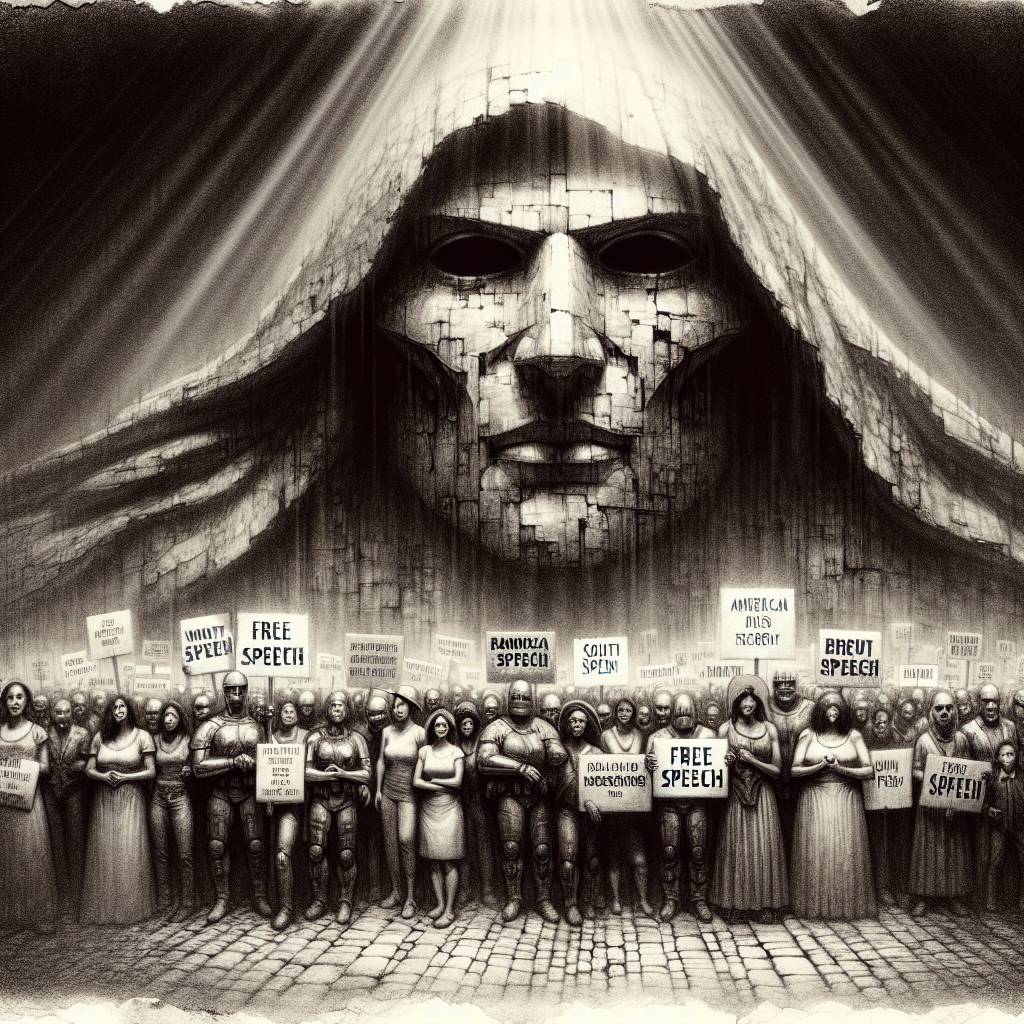TikTok Takedown: Is Banning the App America’s Cybersecurity Hero or Free Speech Villain?
The TikTok ban debate in the US centers on national security and cybersecurity. Proponents see it as a way to curb potential Chinese data harvesting and espionage. Critics worry about free speech and the economic impact on creators. Balancing these concerns will require comprehensive data privacy reforms and international collaboration.

Hot Take:
In the ultimate showdown of TikTok vs. Uncle Sam, who knew that viral dance challenges and lip-syncing could potentially lead to espionage and a national security meltdown? With TikTok in the crosshairs, it looks like we might need to start practicing our dance moves on homegrown apps. After all, who needs international intrigue when you’ve got ‘Made in the U.S.A.’ to keep you entertained and secure?
Key Points:
- TikTok is under fire from U.S. lawmakers over national security concerns.
- Critics worry about data collection practices and potential Chinese espionage.
- A ban could stimulate the development of secure domestic alternatives.
- Concerns exist about free speech and the economic impact on influencers.
- Effective solutions require balancing security with individual freedoms.
Already a member? Log in here
